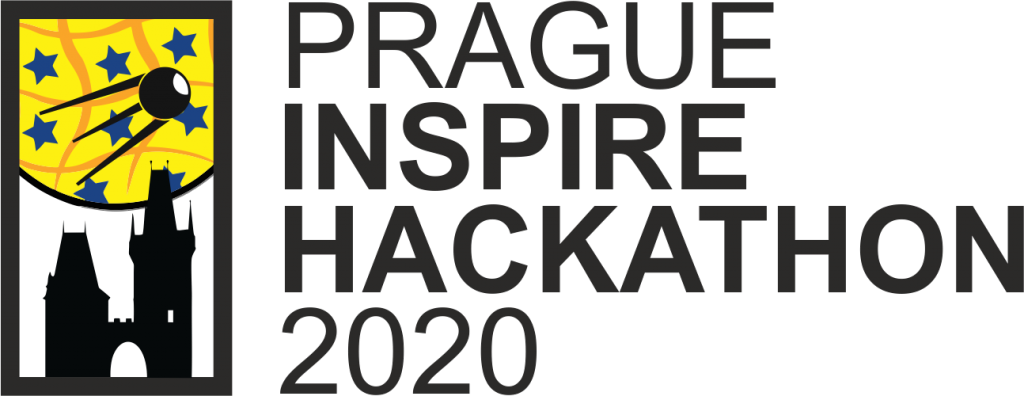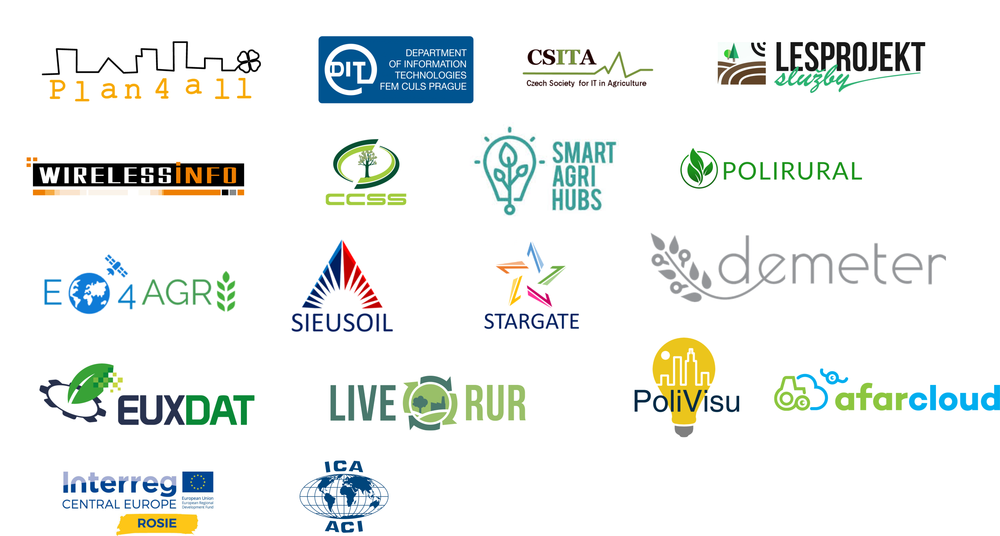Mentors: Karel Charvat, Jiri Kvapil
WirelessInfo is part of the SmartAgirHub project. Currently we are also closely cooperating with the PoliRural project in this direction. We see three roles of Digital Innovation Hubs in the future:
- Social space and educational materials, where different groups of users can share their experiences and where users could be trained
- Place where different types of users can test new applications
- Place for developers, where advanced infrastructure will be available for practical testing
Our work during the hackathon will be focused on the last topic. We are now publishing on our cloud set of tools for EO, IoT, Big Data Management, AI, etc. We are also implementing tools like Jupyter Notebook. Set of tools like SensLog, Orfeo Geotool, R, Grass, Micka, HSLayers NG and others are available. The hub also offer graphical card and framework for Artificial intelligence
The part of Hub are also Sentinel 1 and 2 images from Moravia and farm data from Rostenice
Challenge Description Testing possibilities of Sentinel 1 data for yield forecast:
Tested possibilities of uf utilisation of Sentinel 1 data for yield monitoring and forecast on Rostenice farm and comparison with utilisation of Sentinel 2 and Landsat dataSpecial prize: One year of free access to the SmartAgriHub innovation hub.


